Keywords: Australian Government
There are more than 24 results, only the first 24 are displayed here.
Become a subscriber for more search results.
-

EDUCATION
- Erica Cervini
- 23 April 2025
Despite a lot of talk about education, neither of the major parties has talked about the funding of universities. However this federal election is likely to be determined by voters under the age of 45, the very group that rising university fees and HELP (higher education loan program) debts are hitting the hardest.
READ MORE
-

RELIGION
- Frank Brennan
- 23 April 2025
Francis was a pope prepared to blur the edges of doctrine, or at least its application, opening the doors of the Church to all those seeking love, mercy and forgiveness. He never doubted God’s capacity to love and forgive all who sought that love and forgiveness. He maintained the certainty, not of doctrine but of the simple piety of believers.
READ MORE
-

AUSTRALIA
- Adam Hughes Henry
- 22 April 2025
By any measure of moral progress, a society should be judged by how it treats those who are most vulnerable. Yet in Australia, people with disabilities continue to be treated not as citizens with equal standing, but as problems to be managed; an inconvenience to be contained within a labyrinth of bureaucratic delay and economic rationalisation.
READ MORE
-
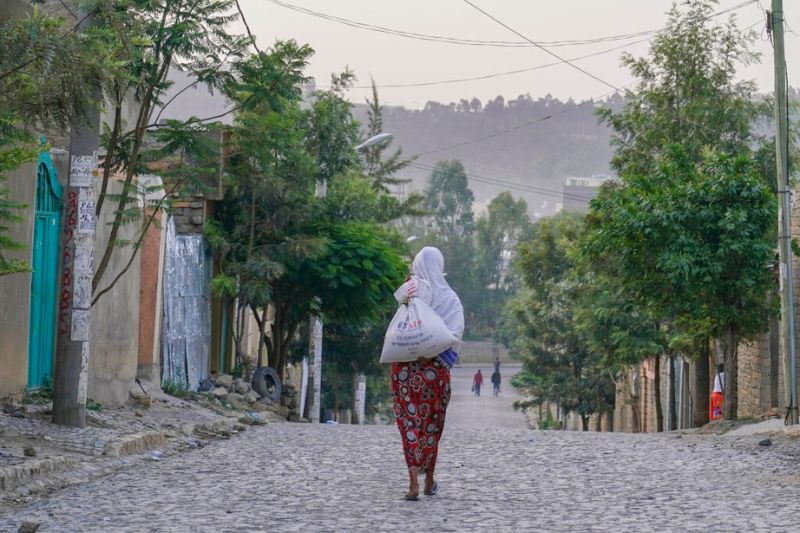
INTERNATIONAL
As Trump dismantles America’s global aid program, and Europe follows suit, developing nations are left to fill the vacuum often with partners unfriendly to Western interests. In this new geopolitical terrain, Australia faces a choice: retreat with the rest, or lead through renewed investment in aid and regional diplomacy.
READ MORE
-

AUSTRALIA
- Melinda Tankard Reist
- 11 April 2025
A growing number of female teachers in Australia are leaving the profession, citing daily sexual harassment from their own students. Fuelled by pornography and social media, the misconduct ranges from crude comments to deepfake abuse, raising urgent questions about safety, consent, and the culture festering inside today’s classrooms.
READ MORE
-
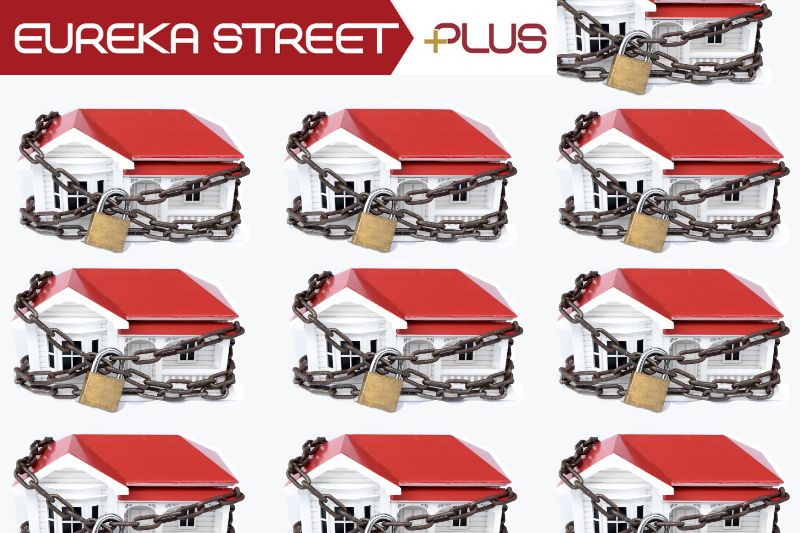
AUSTRALIA
- David James
- 04 April 2025
As house prices soar and home ownership slips out of reach, Australia’s property market has become a $10 trillion engine of inequality — and yet, no major party will touch it. With an election looming, silence on the housing crisis reveals a deeper dysfunction: a political economy captive to debt and speculation.
READ MORE 
-

ARTS AND CULTURE
- Gillian Bouras
- 04 April 2025
The Parthenon Marbles have long stood at the centre of a cultural standoff between Britain and Greece — art or artefact, spoils or stewardship? As negotiations inch forward, the ancient stones carry modern weight, raising urgent questions about restitution, identity, and what it means to right the wrongs of empire.
READ MORE 
-
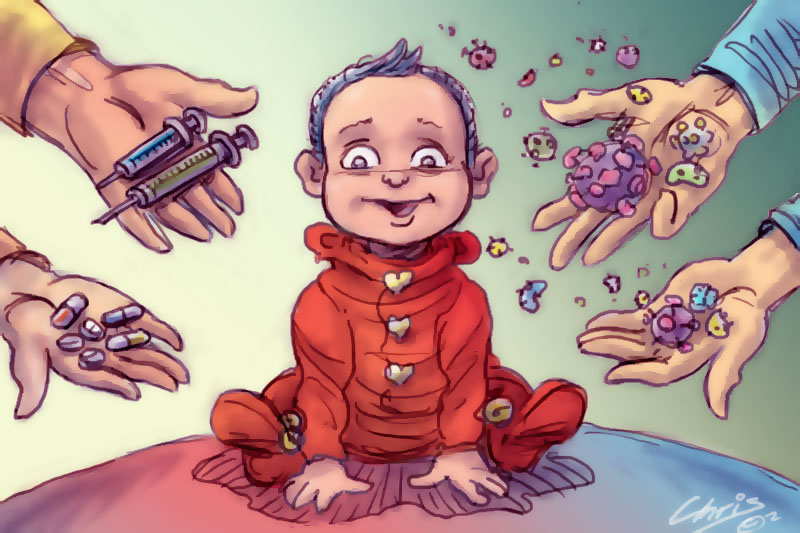
AUSTRALIA
Immunisation has protected communities for centuries, from early smallpox prevention in 200 BC to the eradication of deadly diseases. Yet today, vaccine confidence is slipping. Misinformation, social media, and shifting parental anxieties are fuelling a quiet backlash, raising urgent questions about trust and public health in a changing world.
READ MORE
-

AUSTRALIA
As Australia heads toward a federal election, the government’s latest budget offers relief but fails the deeper test of justice. In a nation facing rising inequality and entrenched disadvantage, what’s missing is a vision anchored in the common good, a politics that serves not just voters, but the voiceless.
READ MORE
-

AUSTRALIA
- David Hayward
- 28 March 2025
Covid offered a rare chance to reimagine the role of the state. What might have become a pivot to care and collective responsibility became a bonanza for entrenched interests. The crisis passed. Inequality returned. And the deeper reckoning that beckoned was quietly deferred, perhaps indefinitely.
READ MORE 
-
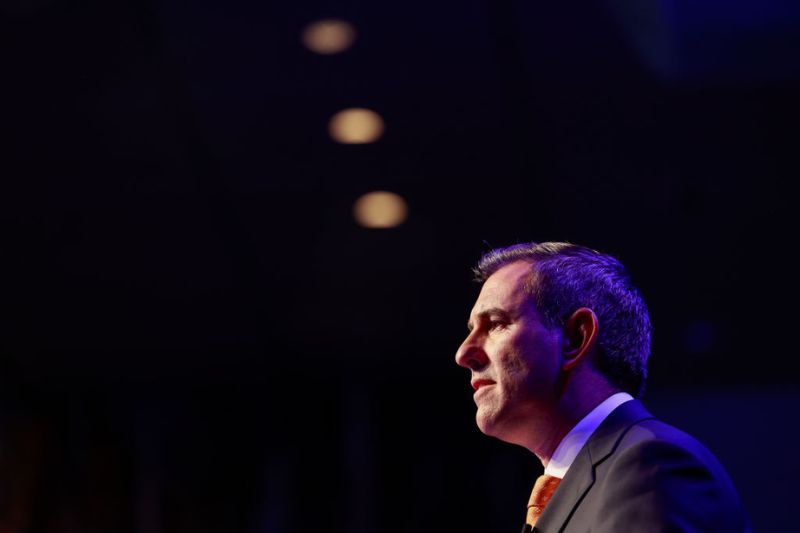
AUSTRALIA
- David James
- 27 March 2025
Australia’s Federal Budget offers a mix of tax cuts, spending increases, and modest relief for households, but fails to address the seismic shifts in global economics. With rising defense spending and minimal solutions for mounting debt, it remains unclear whether this budget can navigate the country’s economic vulnerabilities in an unpredictable world.
READ MORE
-
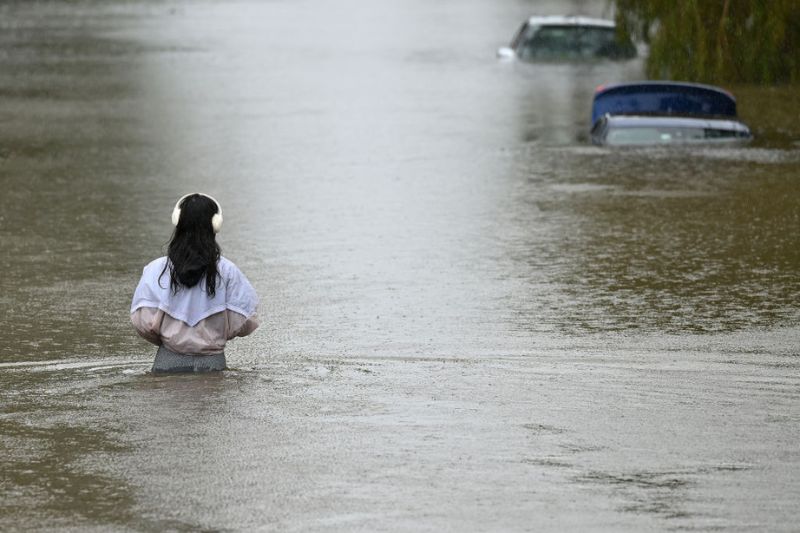
AUSTRALIA
When Cyclone Alfred swept through Queensland, the damage was swift, but its most enduring effects are harder to see. As the clean-up began, a quieter crisis emerged: disrupted care, rising health risks, and a fragile health system ill-equipped to cope.
READ MORE